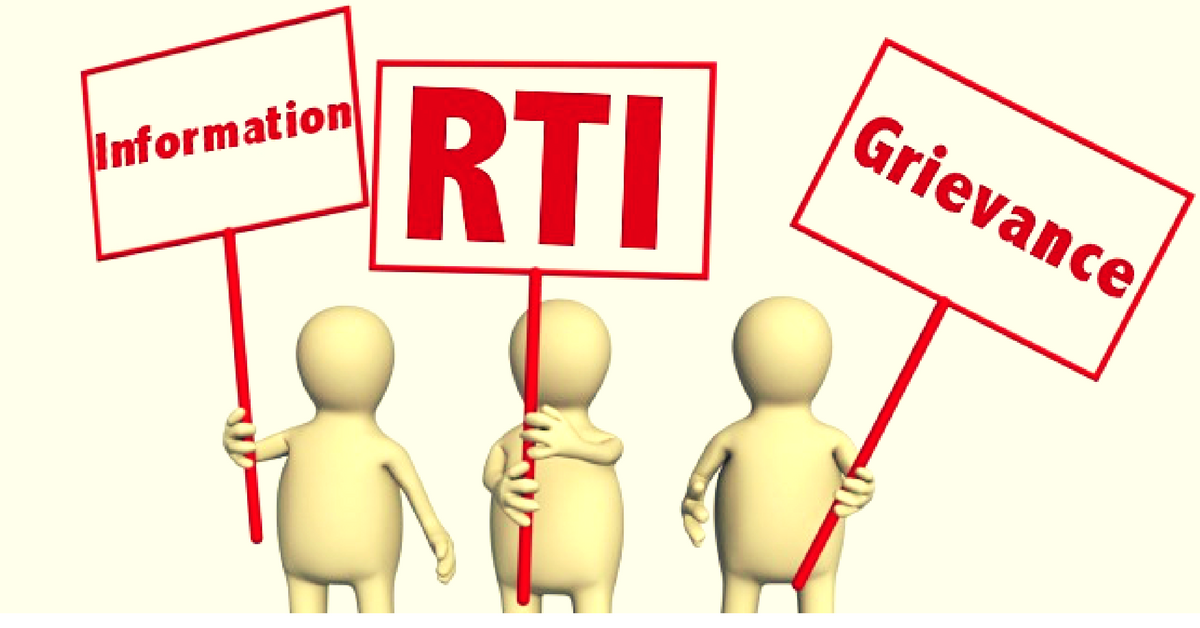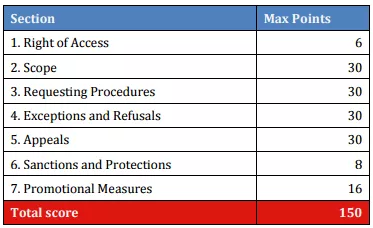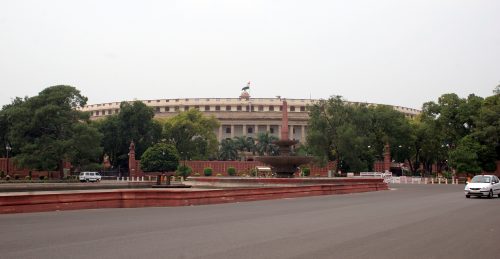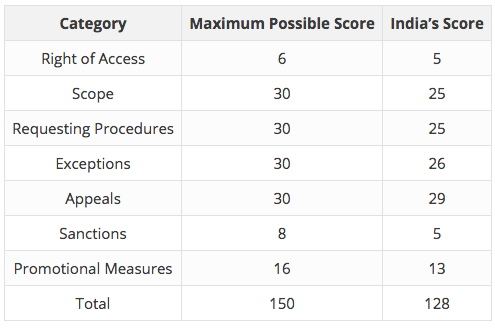TBI Blogs: India’s RTI Act Ranks 4th in Survey of Over 100 Countries
India’s RTI Act is ranked the 4th best in the world, according to an annual rating of RTI-like laws across the world.

India’s RTI Act is ranked the 4th best in the world, according to an annual rating of RTI-like laws across the world.
India’s Right to Information (RTI) Act, that was passed in the year 2005, is widely hailed as one of the most crucial landmark legislations made after Independence. While the implementation of the Act has garnered mixed reactions, it is considered a quality piece of legislation by many.
The non-profits, Center for Law & Democracy and Access Info Europe, that work in the ‘Right to Information’ advocacy space, rate countries based on the quality of their RTI legislation, every year. In the latest rankings, released on the eve of ‘International Right to Know’ Day, India has secured the 4th place out of the 111 countries surveyed for a similar law. Mexico has now replaced Serbia as the top country in these ratings.
The Methodology
The Global Right to Information Rating comparatively assesses the strength of the legal framework in place in different countries, regarding the right to information. At the heart of the methodology for applying the RTI Rating are 61 Indicators. For each Indicator, countries earn points within a set range of scores, (in most cases 0-2), depending on how well the legal framework delivers on the Indicator, for a possible total of 150 points. The indicators are divided into seven different categories, namely: Right of Access, Scope, Requesting Procedures, Exceptions and Refusals, Appeals, Sanctions and Protections, and Promotional Measures.

Mexico on the Top
The most notable change in the latest rankings is the displacement of Serbia as the top country on the Rating for the first time, since it was launched in 2011. Mexico has now replaced Serbia in the top spot. Mexico has substantially revamped its ‘General Act of Transparency and Access to Public Information’ and hence, scored 136 points out of a possible total of 150. This is a significant improvement on their previous score of 117 and just ahead of Serbia, which scores 135 points.
Among the new countries that enacted the legislation, the strongest law was found to be that of Sri Lanka, which scored 121 points, putting it at the 9th place, globally. Every country in South Asia now has an RTI-like legislation, except Bhutan. The South Asian region is also a strong performer, according to the new ratings, with every country scoring over 100 points, except Pakistan. Pakistan’s law scored only 66 points and is placed on the 89th position.
Five countries enacted an RTI-like legislation in 2016, including Kenya, Philippines, Sri Lanka, Togo and Vietnam. Countries like Iran, Austria, Jordan, and Germany are in the bottom 10 of these rankings.
India at 4th position

Image Source: Wikimedia
India scored a total of 128 out of 150 points. While India scored well in terms of Right to Access, it lost 5 points in ‘Scope’ since the law exempts certain organizations from its ambit and also, does not explicitly include private organizations that perform a public function.
India also scored 25 out of 30 in ‘Requesting Procedures,’ since it is not free to file an application under RTI and the law does not mention anything about the unlimited reuse of information obtained through RTI.
India’s RTI law scored 26 in the ‘Exceptions’ category since the ‘harm test’ is not applicable to all the exemptions mentioned in Section 8 of the RTI Act. India scored the highest on ‘Appeals’ (29 out of 30). In the ‘Sanctions’ category, India scored 5 out of the 8, since there is no strong legal protection for whistle blowers. India scored 13 out of 16 in the ‘Promotional Measures’ category since there are no prescribed standards for record management and they are not followed in practice.

Featured Image Source: rtiindia.org
Like this story? Or have something to share? Write to us: [email protected], or connect with us on Facebook and Twitter.
NEW: Click here to get positive news on Whatsapp!
If you found our stories insightful, informative, or even just enjoyable, we invite you to consider making a voluntary payment to support the work we do at The Better India. Your contribution helps us continue producing quality content that educates, inspires, and drives positive change.
Choose one of the payment options below for your contribution-
By paying for the stories you value, you directly contribute to sustaining our efforts focused on making a difference in the world. Together, let’s ensure that impactful stories continue to be told and shared, enriching lives and communities alike.
Thank you for your support. Here are some frequently asked questions you might find helpful to know why you are contributing?


This story made me
-
97
-
121
-
89
-
167











